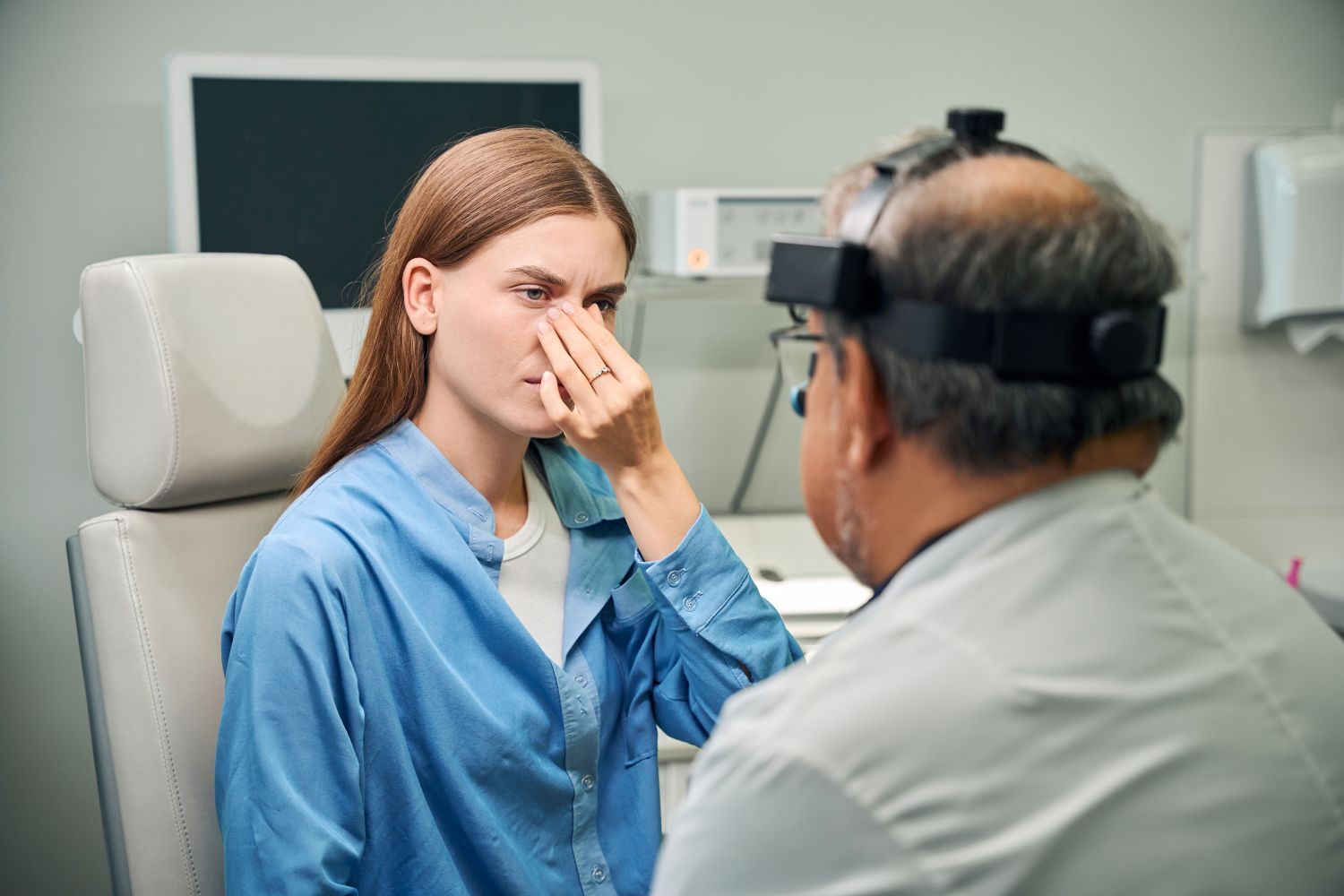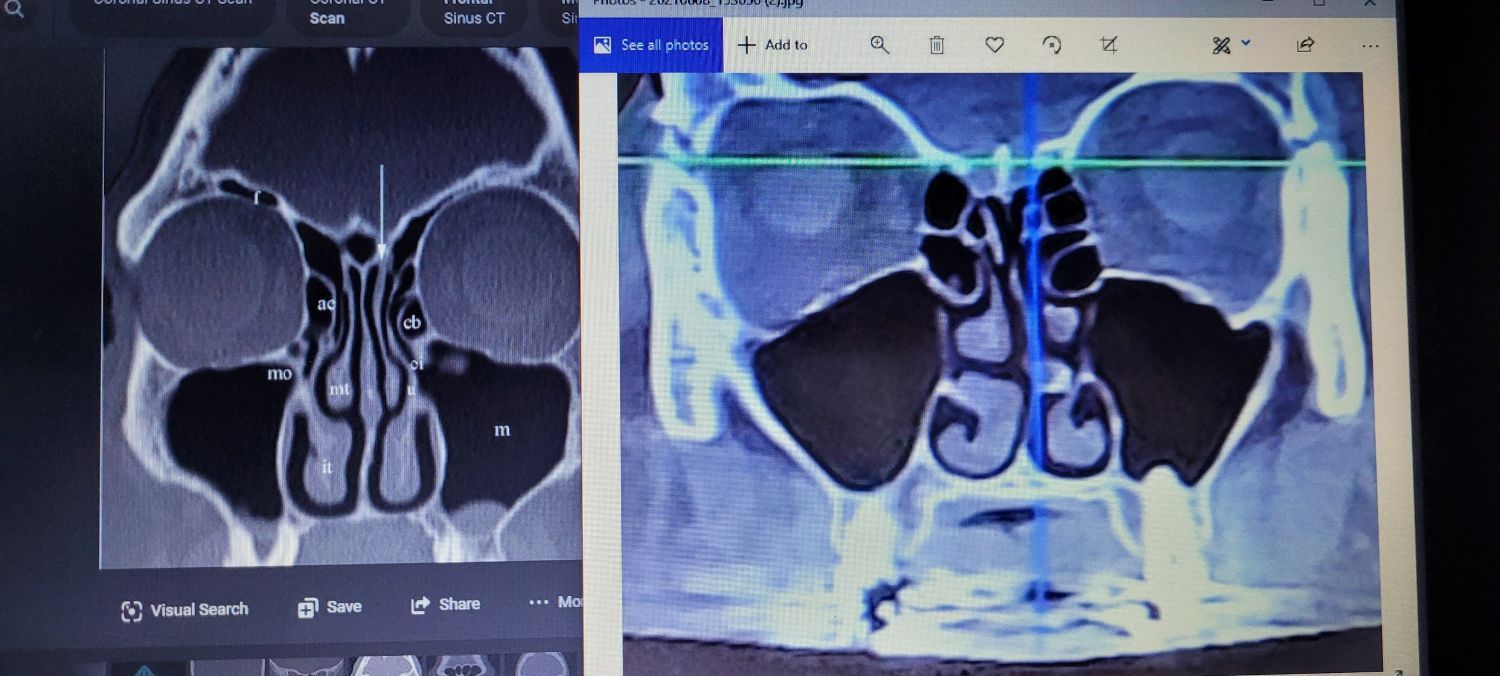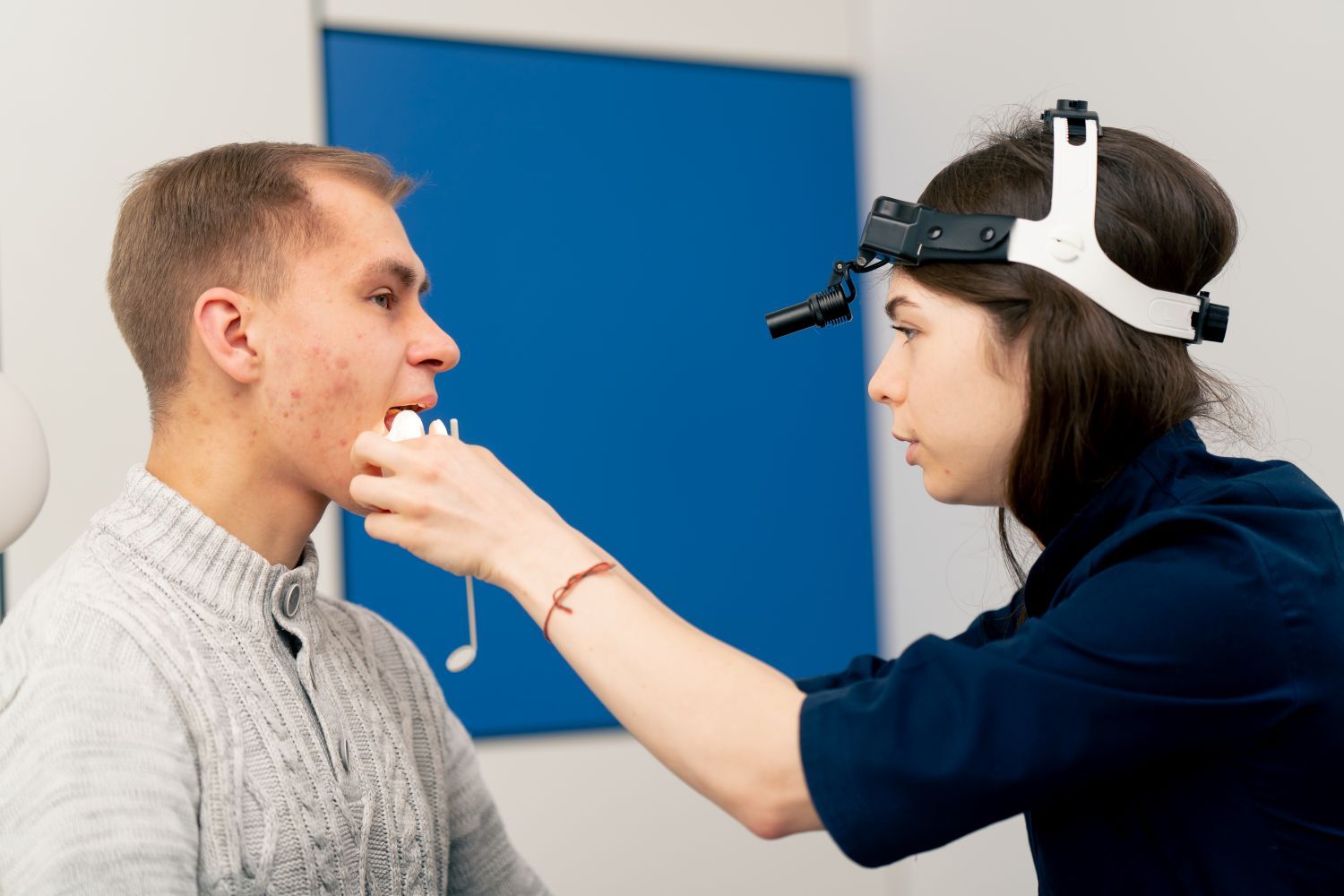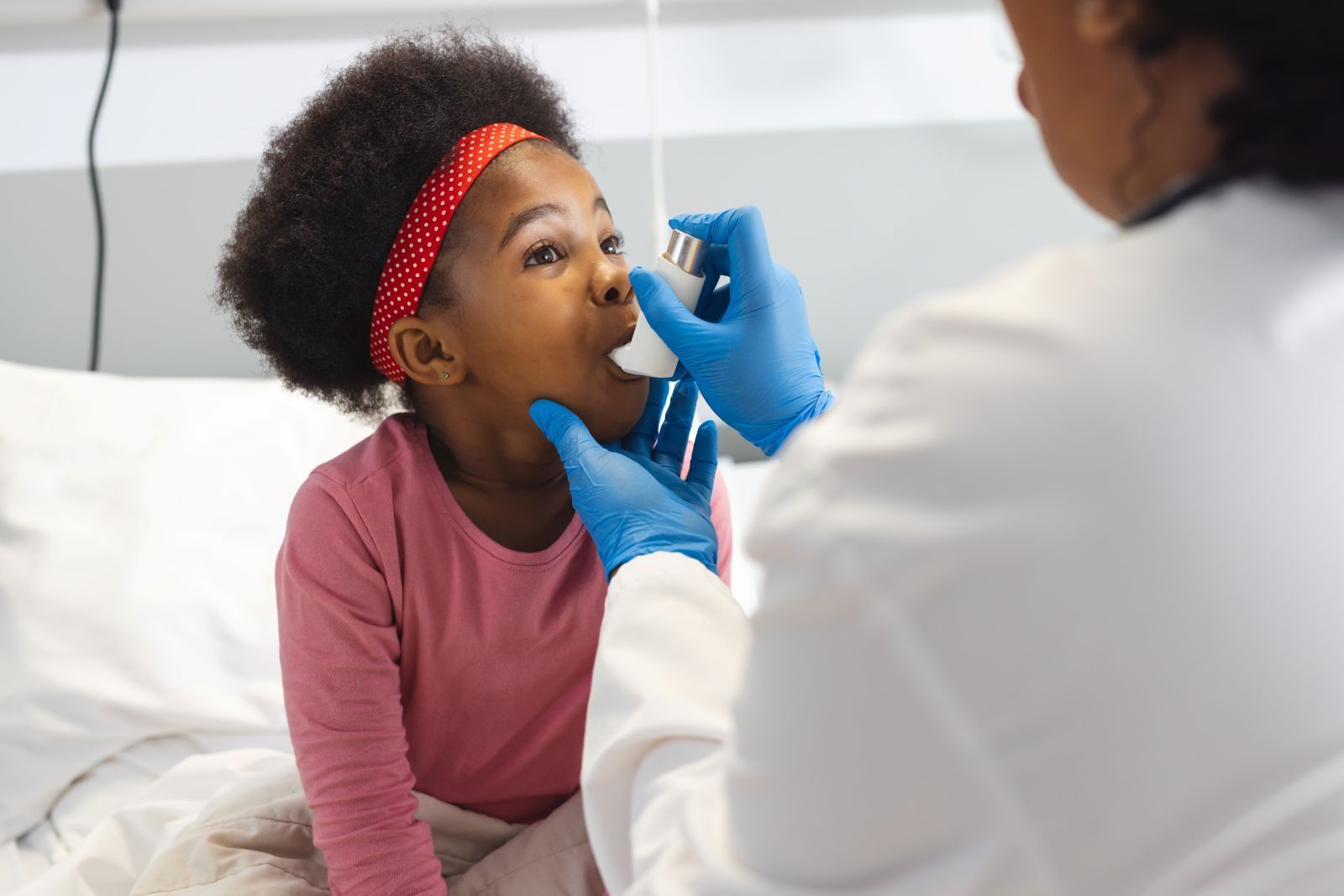The Role of Allergies in Common Nasal Conditions: Insights for Practitioners
Allergies significantly contribute to common nasal conditions such as rhinitis, sinusitis, and nasal polyps. Allergic reactions can lead to chronic inflammation, which increases the risk of complications and recurrent symptoms in our patients. Understanding this connection is essential for effective diagnosis and treatment.
The Impact of Allergies on Nasal Conditions
Sinusitis
Research has shown that patients with allergic rhinitis are more likely to experience chronic rhinosinusitis compared to those without allergies. This increased susceptibility can be attributed to several factors:
- Mucosal Inflammation: Swelling of the nasal tissues can obstruct sinus drainage pathways, leading to pressure and discomfort.
- Increased Mucus Production: Allergic reactions stimulate excess mucus production, further clogging the sinuses.
- Secondary Infections: Blocked sinuses create an environment conducive to bacterial growth, raising the risk of secondary infections.
Nasal Polyps
Chronic inflammation caused by allergies is a significant contributor to the formation of nasal polyps—benign growths on the nasal lining or within the sinuses. These polyps can result in:
- Persistent Nasal Obstruction: Patients often struggle with ongoing difficulty breathing through the nose.
- Reduced Sense of Smell: Polyps can impede airflow and olfactory function, diminishing patients' ability to smell.
- Frequent Sinus Infections: The presence of polyps can exacerbate sinus congestion, increasing the likelihood of recurrent infections.
Deviated Septum
While a deviated septum is primarily a structural issue, allergies can complicate this clinical picture. Persistent nasal congestion and inflammation associated with allergic reactions may intensify symptoms, leading patients to attribute their nasal obstruction to the septal deviation rather than recognizing the underlying allergic factors at play.
Management Strategies
Given the significant role allergies play in nasal conditions, implementing effective management strategies is essential:
1. Allergen Avoidance
Identifying and avoiding allergens is a critical first step in managing allergic reactions. Techniques include:
- Regular cleaning to reduce dust mites and mold.
- Using air purifiers to minimize exposure to airborne allergens.
- Avoiding outdoor activities during high pollen seasons.
2. Pharmacotherapy
Medications such as antihistamines, intranasal corticosteroids, and leukotriene receptor antagonists are commonly prescribed to manage allergy symptoms and reduce inflammation effectively.
3. Immunotherapy
Allergen immunotherapy, including allergy shots or sublingual tablets, can help desensitize patients to specific allergens over time. This approach may reduce the severity of allergic reactions and related nasal conditions.
4. Surgical Interventions
For patients experiencing significant nasal obstruction due to polyps or chronic sinusitis, surgical interventions—such as endoscopic sinus surgery—may be necessary to restore normal airflow and drainage.
The Role of Snot Force Alliance
The Snot Force Alliance is dedicated to disseminating knowledge across relevant medical disciplines and fostering innovation in the medical and surgical management of airway inflammatory diseases. Our goal is to enhance collaboration among various medical fields to improve patient outcomes and advance best practices in treatment.
We invite you to join the Snot Force Alliance and take advantage of the resources available to stay informed about the latest findings related to nasal, sinus, and airway conditions. Together, we can improve nasal health and enhance patient care in our practices.












